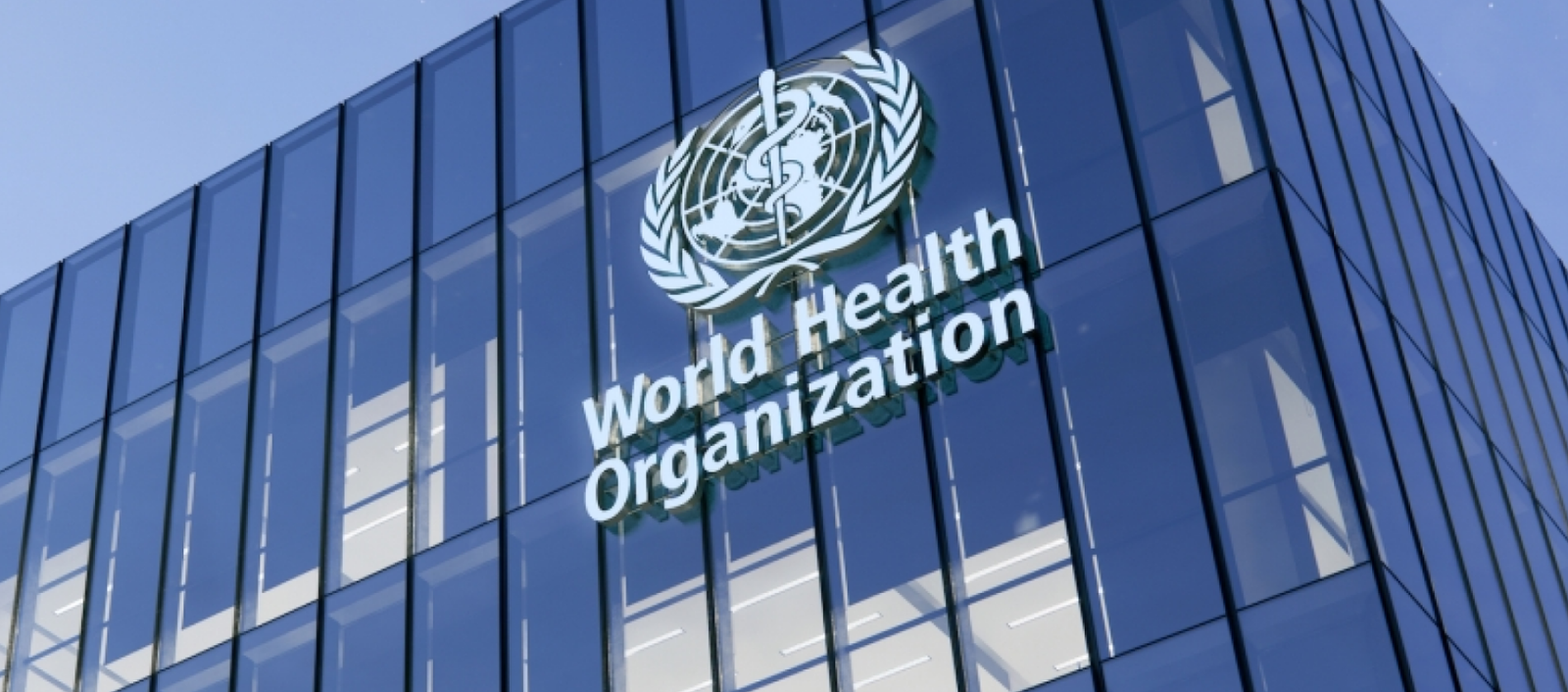
ABUJA, Nigeria – A new study by the World Health Organization (WHO), the UN Special Programme in Human Reproduction (HRP), and the University of Liverpool demonstrates that structured infection prevention and control can significantly reduce maternal infections and deaths.
Published Thursday in the New England Journal of Medicine, the trial applied WHO guidance through the Active Prevention and Treatment of Maternal Sepsis (APT-Sepsis) programme in 59 hospitals across Malawi and Uganda, covering 431,394 women. Results showed a 30–32% reduction in severe maternal infections and mortality compared with standard care.
Maternal sepsis remains a leading cause of death worldwide, often linked to inconsistent hand hygiene, delayed infection detection, and inadequate treatment. The APT-Sepsis programme addresses these gaps through standardized clinical practices including WHO’s “five moments for hand hygiene” and the FAST-M bundle: fluids, antibiotics, source control, transfer if needed, and monitoring.
“Reducing maternal infections and deaths by over 30% is not just a clinical success – it’s a call to action for global health systems to prioritize infection prevention in maternal care,” said Jeremy Farrar, WHO Assistant Director-General.
The study highlights that infection prevention, early detection, and consistent clinical practices can save thousands of lives, even in resource-limited settings. WHO, HRP, and partners are now working with countries to scale the programme nationally and integrate it into existing health systems.
A webinar titled “Preventing and managing maternal sepsis – New results of the APT-Sepsis trial” will be hosted on 24 November 2025 to discuss implications for policymakers and healthcare workers.
WHO Study Shows Strong Infection Prevention Reduces Maternal Deaths by 30%




